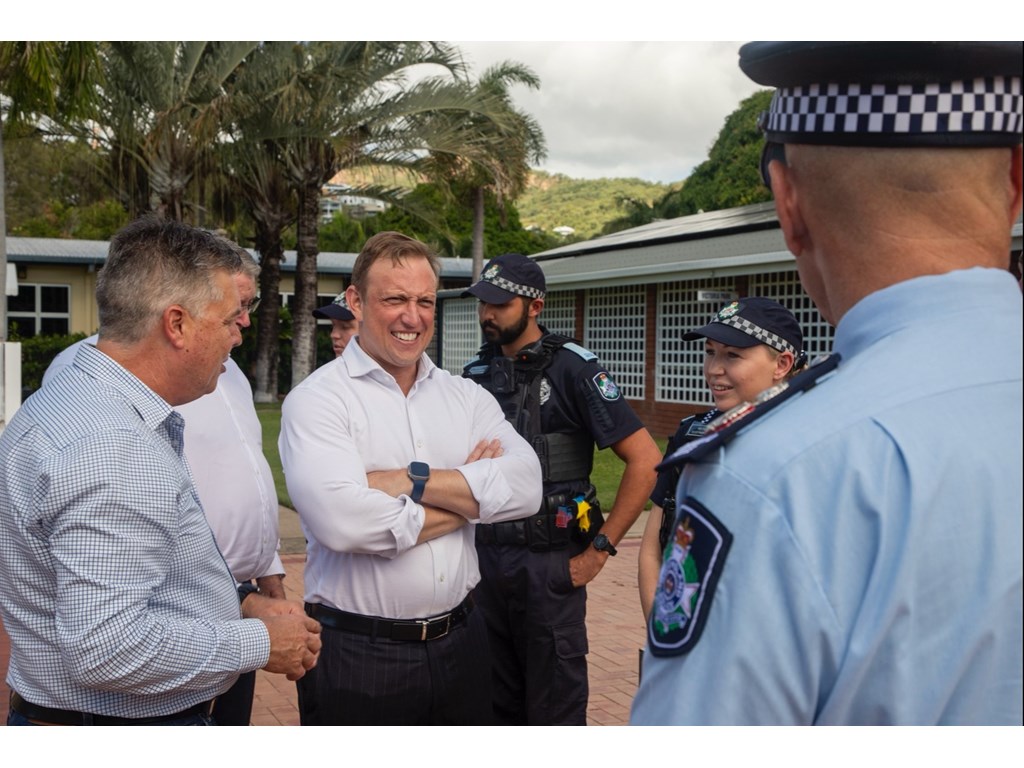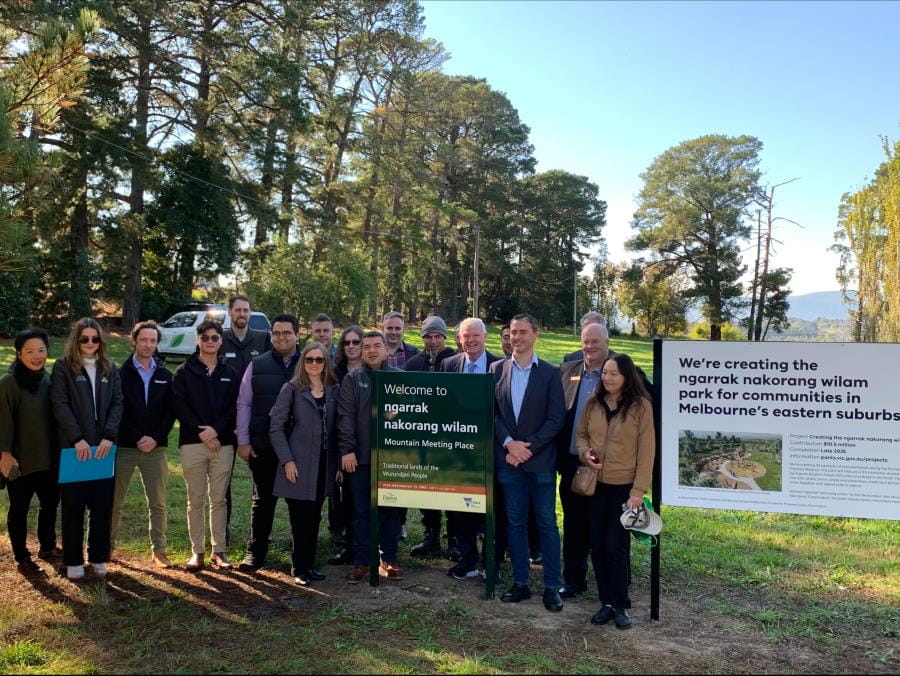Lieutenant Commander Alison Zilko’s first job in the Royal Australian Navy was as a nursing officer, so it’s no surprise she was a perfect fit for the gender adviser (GENAD) role on Exercise Balikatan 2023.
Over the course of the exercise, Lieutenant Commander Zilko travelled far and wide to meet with community leaders, military personnel, social workers, chaplains, teachers and students across the Philippines to understand and improve opportunities – for women and communities alike.
Lieutenant Commander Zilko explained how the GENAD role operated with a multi-pronged approach to interact with leadership as well as at the grassroots level.
“I try to educate multinational forces on the role of a gender adviser in a military setting, highlighting the importance of applying planning with women, peace and security (WPS) in mind,” Lieutenant Commander Zilko said.
“The role involves speaking with the local community to understand the issues affecting women and families and the issues that would affect peace and security long term.”
Lieutenant Commander Zilko said her Pacific deployments as a nursing officer sparked her interest in gender advisory roles.
“I was able to understand the importance and concerns of women, men and children in these countries and the need to consider gender issues when planning military exercises,” she said.
The civil-military team sought to diversify their knowledge and level of cultural understanding at every opportunity.
“Over the exercise I met with the gender and diversity office in each village to get an appreciation of the issues of domestic violence and abuse,” Lieutenant Commander Zilko said.
“We also met with Indigenous leaders, Filipino Police, Coast Guard, health care workers and personnel from the Armed Forces of the Philippines.”
But her time speaking with servicewomen stood out as a personal highlight.
“It has been a rewarding experience to meet wonderful people striving to improve the welfare of their community, as well as young female service personnel who are becoming strong leaders in their own right,” Lieutenant Commander Zilko said.
“I could see there was a ‘light bulb’ moment and I felt I was starting the change in regard to empowering women to talk about WPS and take it back to their own command for implementation.”
Operating in remote and disadvantaged areas, Lieutenant Commander Zilko said, despite the language barrier and the severe challenges faced in food security and safe living conditions, the communities were open to conversations about change and were happy to be involved.
“A gentle voice, a smile and a genuine interest to listen to people will always result in meaningful conversation,” she said.
“That’s a starting point for discussing gender, peace and security, and creating a relationship for the future.”







